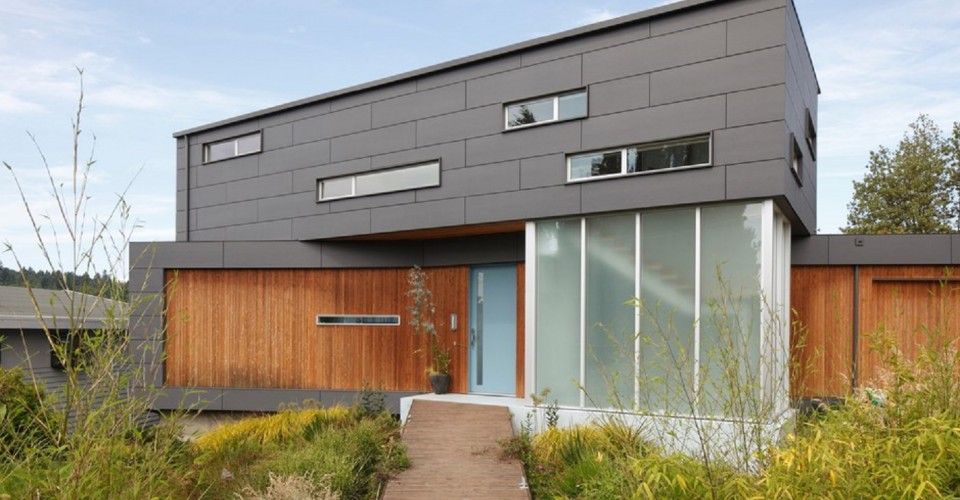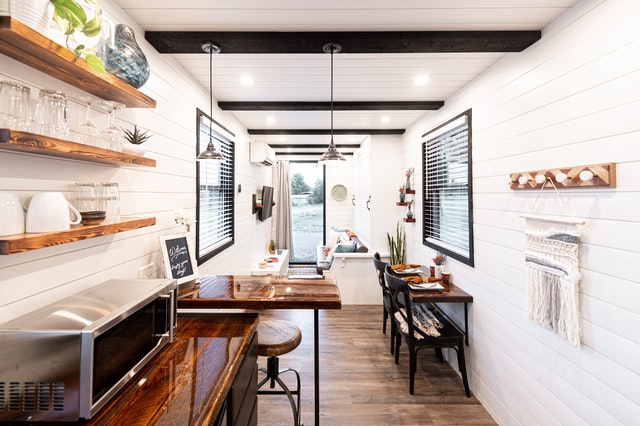An architectural project can range from expanding a room to adding an extension or even building a new house. Whether you are looking to add resale value or create a space for your own long-term use, architectural projects require the coordination of many people and processes. Consider hiring a professional to help you keep your architectural project on budget and on schedule. Developing a schedule with your architect will help ensure the project stays on track and reaches completion within a realistic time frame. By reaching an agreement, you will prevent project creep and avoid issues in the working relationship between you and your architect.
When you draw up the initial timeline, it is best to keep the following in mind:
Scope
The duration of your architectural project will depend on how ambitious your project is. Turning a porch into a sunroom is not the same as adding an additional floor to your house. Your architect should be able to provide you an estimate of the average build time to give you a better idea of your project’s timeline. Your architect can also provide you with a project checklist document to specify the extent of the work to be done. If you expand the scope during the course of the project, more time will be required. If you and your professional agree to the certain services for your project, make sure you sign a contract with your architect. This will ensure that all project terms will be legally agreed upon in the case of any issues arise, you need to make changes to your project, or worst case scenario, you need to fire your architect.
Budget
If you have set a strict budget for your project, you may find you will need to make compromises in order to stay within both your time frame and your expense limit. The materials you want may require more time, due to limited availability in your region and having to be shipped in from elsewhere. If you are trying to complete a project within a tight turnaround, be prepared to add extra expenditures for rush orders or be willing to accept substitutions, which can be delivered in a timely manner.
Permits
It can take from one day up to several months to obtain a permit for work involving your home. The types of permits you will need, as well as the costs and lead time, depend upon the scope of your project and your local permitting office requirements. Leave room in your schedule to research and obtain the required paperwork. Though the fees or the wait time may seem troublesome, going forward with construction without a permit could have legal consequences, especially if you sell your house after the work is done. The responsibility of having a permit is up to the property owner however, when working with an architect it is most likely that your professional will submit the proper paperwork and obtain the permits on your behalf.
Availability
When you are looking to hire an architect, the firm’s availability to help with your project will be based on how busy the professional is with other projects. Availability issues can also extend to almost any point along the supply chain, from the vendors supplying the raw materials for your project to the builders and contractors. When planning your project schedule, keep in mind the availability of your hired professional as this will directly impact how fast your project is completed.
Acts of nature and holidays
Nature can get in the way of your architectural project. Inclement weather can slow down the arrival of materials or limit the amount of time builders and contractors can spend working on your property. Take this into consideration at the beginning stages of your project planning, as you will want to choose a remodel time that there is less likely to have storms, extreme heat, or other weather setbacks. Although contractors may be busier during the summer months, availability can also be an issue during the holidays. On top of heavy snow or rain, you may run into unwanted delays if you hire a professional around Thanksgiving or the winter season. Schedule accordingly so your professional can dedicate 100% to your architectural project.
Risk management
As part of your initial series of meetings, your architect should be able to provide a risk assessment for your project, pointing out potential areas where delays may arise and taking multiple factors into account. A proactive approach in this regard will help you to stay ahead in the management of your architectural project and to adjust your timeline accordingly. Taking all instances into consideration will help you keep your project balanced between you and your professional by having you both understand your schedule.
Top Image Credit: Prentiss Architects




